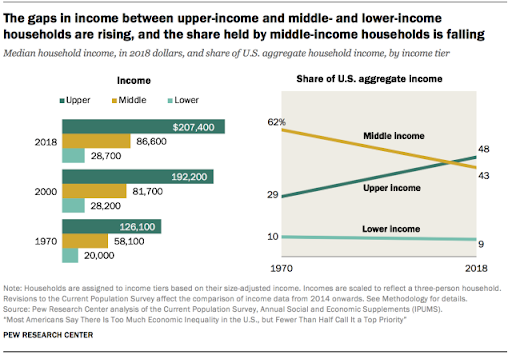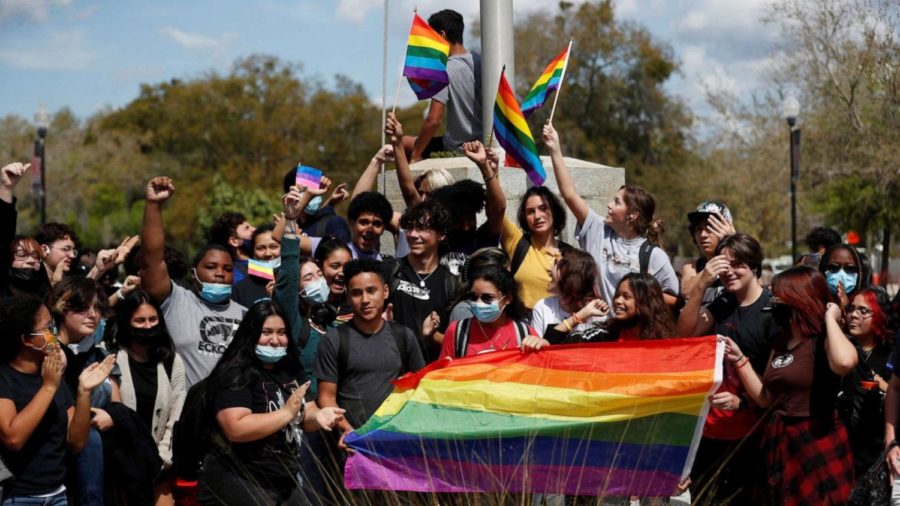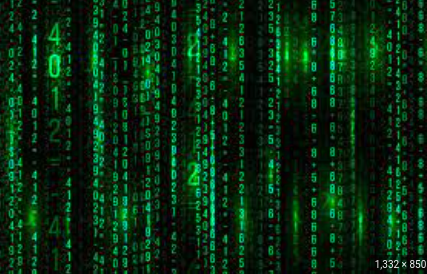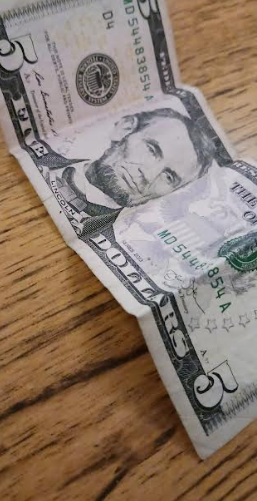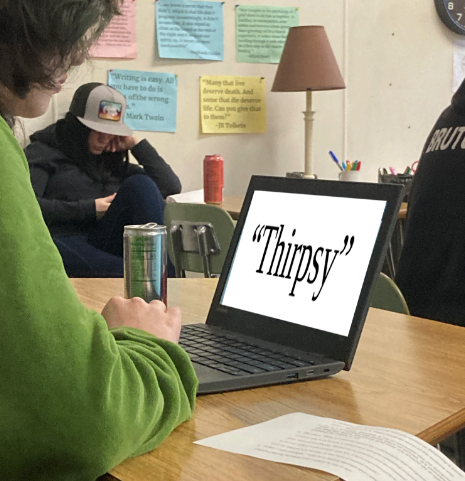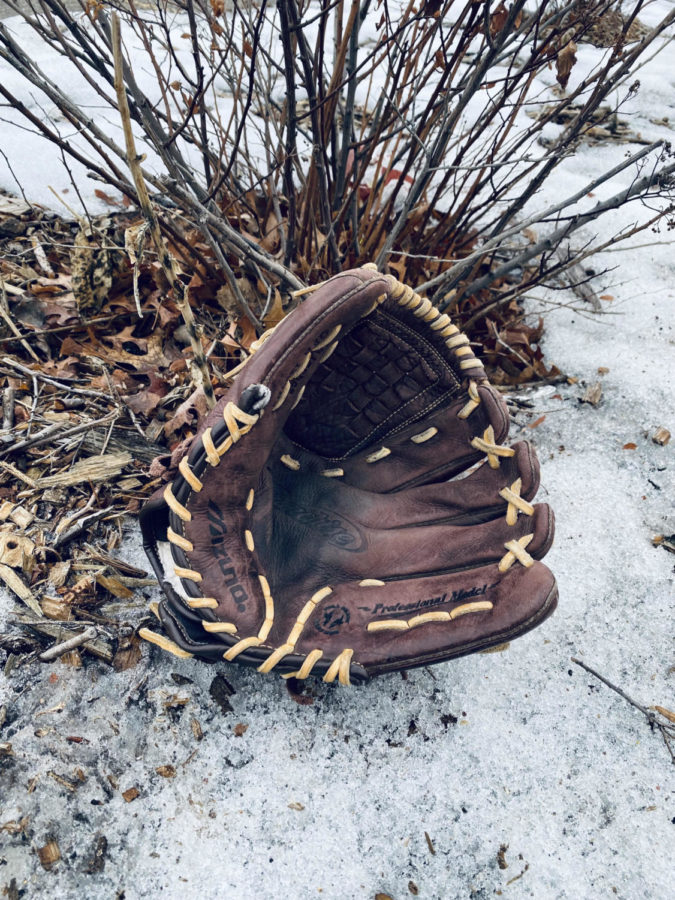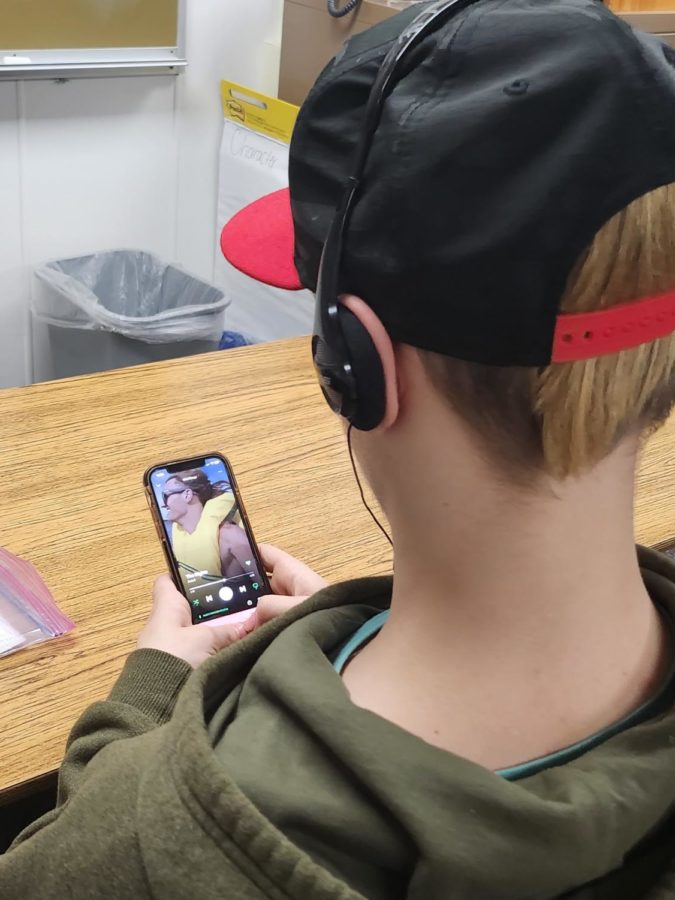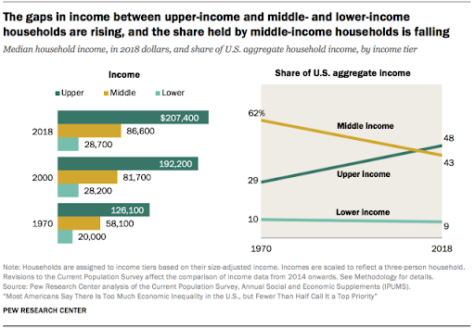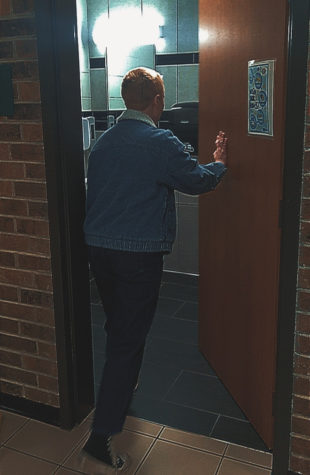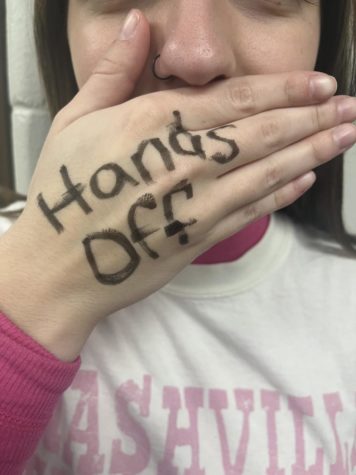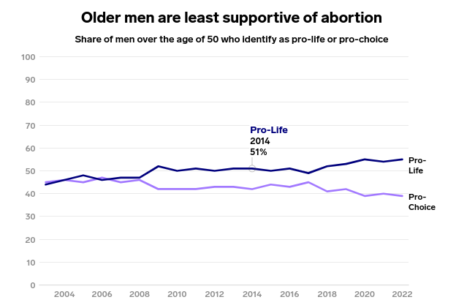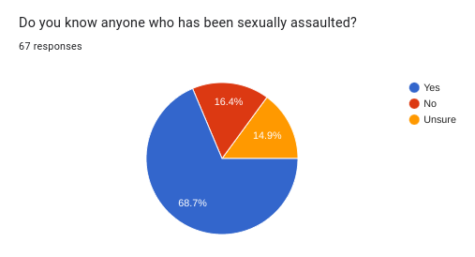Heavy hits: Should they be legal?
October 17, 2017
By DALTEN MATEER
The Mirror reporter
There was 4:42 left in the third quarter on Sept. 28, in Green Bay when Aaron Rodgers hit his receiver Davante Adams in the middle of the field for a gain of approximately 12 yards when Chicago Bears inside linebacker Danny Trevathan went in for a tackle.
As Adams was being pulled down by safety Adrian Amos, Trevathan put his head down to make the tackle.
When the collision occurred, Adams’ mouth guard launched out of his helmet and he hit the grass of Lambeau Field. He was unconscious.
The referee who called Trevathan on the penalty explained that he saw no reason to eject him from the game. Trevathan was suspended for a subsequent game for violating a “safety protocol” of the National Football League (NFL). The original suspension was meant for two games but Trevathan filed an appeal and had it reduced.
Adams was able to play the next game so the questions were “Should Trevathan have been suspended?” and “Where do we draw the line at hits like those?”
Understandably hits like that should result in a penalty but I feel if the player being hit is not severely injured, the player who made the play should not be suspended or fined.
If the players are going to get suspended for violating NFL protocol, then there are many other players who should have been suspended.
So why do we do it for contact? I think players who cause severe injuries should be punished via suspension or fines. It’s a contact sport. There will be hard contact. However, players should learn proper blocking and tackling techniques. If anyone was worried about injury, I don’t believe they would play a contact sport and opt for non-contact sports such as curling. The game of football is made for hits. If the NFL wanted to take safety procedures, they should provide players with better safety equipment.
Another thing to discuss is ejection. The NFL has a new standard that any player who lays a hit that is against safety protocol should be ejected. Trevathan was not ejected because the official did not see enough of the hit to be sure. I believe a player should be ejected if they cause extreme injury. Adams had feeling in all of his extremities as he was carried off of the field and gave the crowd a thumbs-up. Adams was fine, so there was no extreme injury. Trevathan had no reason to be ejected from the contest and the fact that Adams was able to play the next week against the Dallas Cowboys, shows that he had no injury.
That being said, I do believe there should be, at some point, a line drawn from where a player gets ejected and possibly suspended. That point, I believe, should be when the player causes extreme injury, for example, a broken bone. I also feel the player who was hit should have input as to whether the player should receive a suspension and/or fine.


























